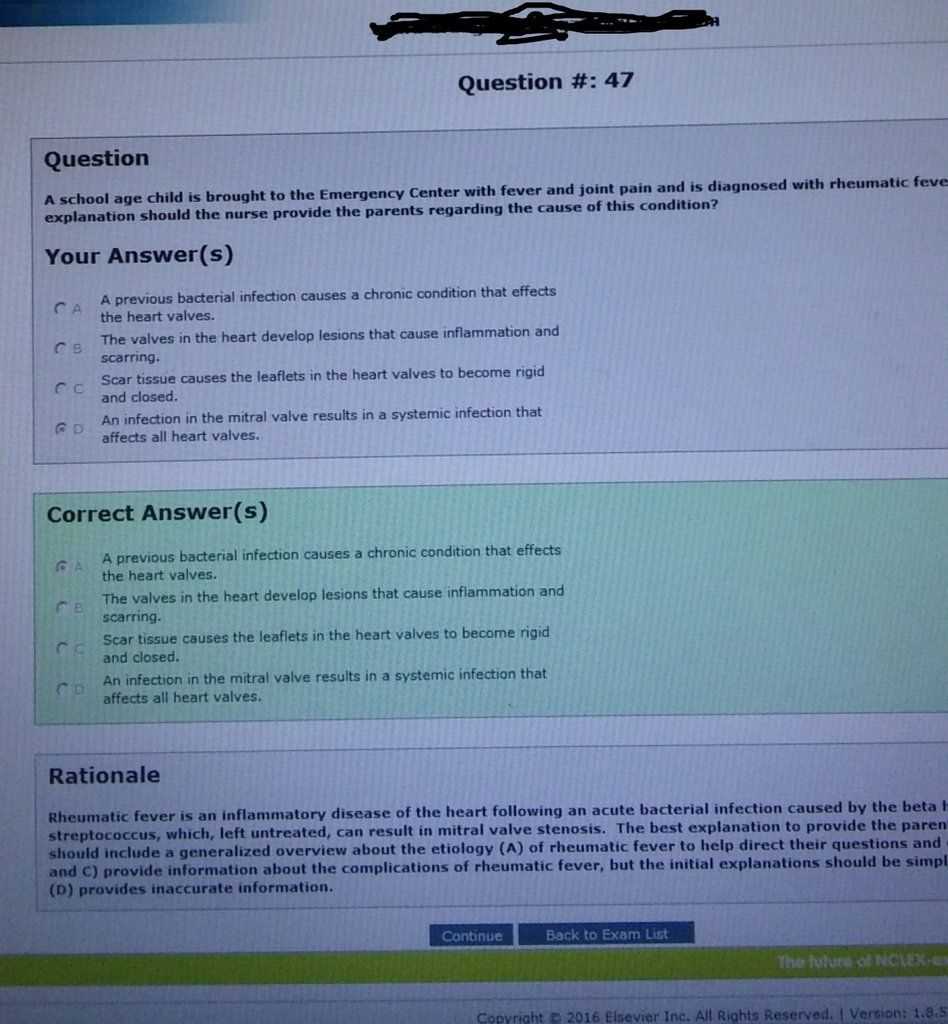
If you are planning to pursue a career in healthcare, chances are you will have to take the Hesi entrance exam as part of the application process. This standardized test is designed to assess your knowledge and skills in various subjects, including math, reading comprehension, vocabulary, grammar, and science.
Preparing for the Hesi entrance exam can be a daunting task, but with the right resources and practice, you can increase your chances of success. One of the most effective ways to prepare is to familiarize yourself with sample questions that are similar to those you will encounter on the actual test.
In this article, we will provide you with a variety of Hesi entrance exam sample questions that cover different subject areas. These questions will give you a sense of the type of content and level of difficulty you can expect on the exam. By practicing these sample questions, you can identify your strengths and weaknesses and focus your study efforts accordingly.
HESI Entrance Exam Sample Questions
The HESI (Health Education Systems Inc.) entrance exam is a standardized test used by nursing schools to assess the readiness of potential students for their nursing programs. The exam consists of various sections, including math, reading comprehension, vocabulary, grammar, biology, chemistry, and anatomy and physiology. To help prepare for the exam, it is important to practice with sample questions that cover these different subjects.
Math is a significant part of the HESI entrance exam, as nurses often need to perform calculations and dosage calculations in their daily work. Sample math questions may include calculating medication doses, converting units of measurement, and solving basic algebraic equations. These questions test the applicant’s ability to apply mathematical concepts in real-life situations.
Sample Math Question:
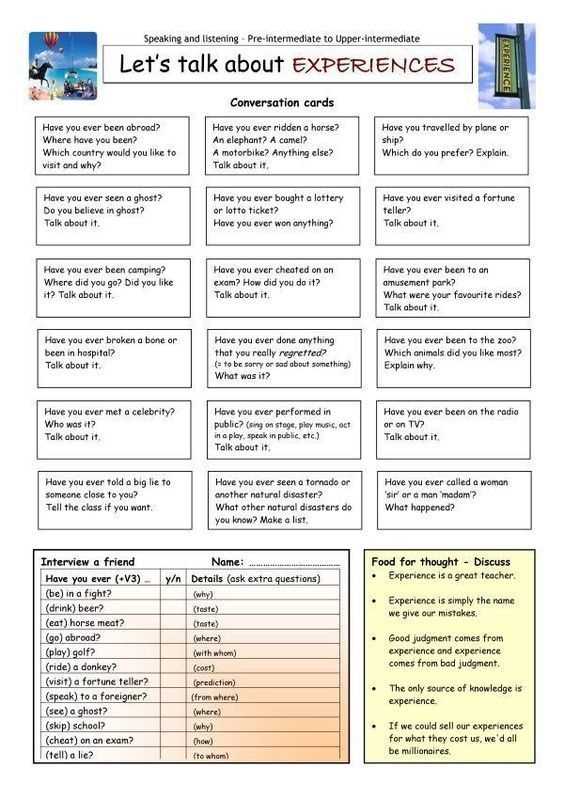
A doctor orders 500 mg of medication to be administered to a patient. The medication is available in a vial that contains 1 gram of the drug in 10 mL of liquid. How many milliliters should the nurse administer to the patient?
- A) 5 mL
- B) 50 mL
- C) 10 mL
- D) 100 mL
Correct Answer: A) 5 mL
Reading comprehension is another important skill tested on the HESI entrance exam. Applicants are typically presented with passages or scenarios and are asked to answer questions based on the information provided. These questions assess the applicant’s ability to understand and interpret written material, as well as draw conclusions and make inferences.
Sample Reading Comprehension Question:
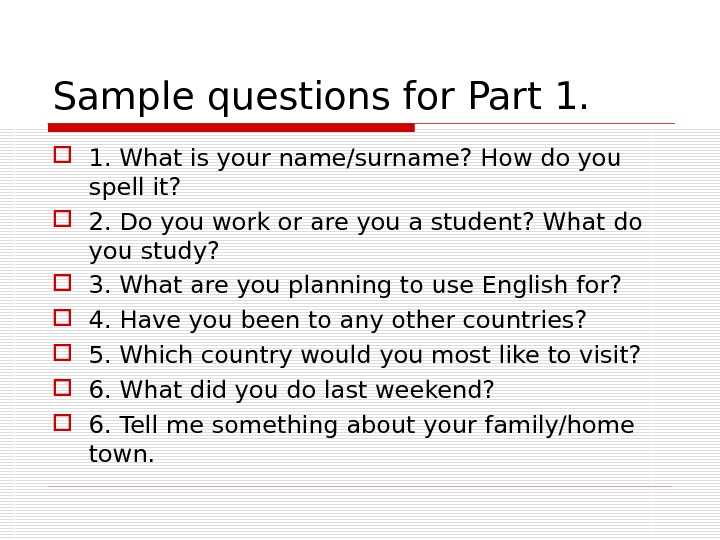
Read the following passage and answer the question below:
“Jane had always been an avid reader, and her love for books only grew stronger when she discovered the works of J.K. Rowling. She found herself lost in the magical world of Harry Potter, eagerly waiting for each new book release. Inspired by the series, Jane decided to start writing her own fantasy novel, creating her own world full of adventure and enchantment.”
Question: What inspired Jane to start writing her own fantasy novel?
- A) Her love for books
- B) J.K. Rowling’s works
- C) Harry Potter series
- D) The magical world
Correct Answer: B) J.K. Rowling’s works
Chemistry and biology questions on the HESI entrance exam assess the applicant’s understanding of basic scientific concepts and their application in healthcare. These questions may cover topics such as chemical reactions, organic compounds, cellular structure, and genetics. Understanding these subjects is crucial for nurses, as they need to have a strong foundation in the sciences to provide effective healthcare.
By practicing with sample questions in different subjects, applicants can familiarize themselves with the format and content of the HESI entrance exam. This preparation can improve their performance and increase their chances of acceptance into nursing programs.
What is the HESI entrance exam?
The HESI entrance exam, also known as the Health Education Systems, Inc. entrance exam, is a standardized test used to assess the academic readiness of students applying to healthcare programs, such as nursing or allied health programs. It is often required by colleges and universities as part of the admissions process.
The HESI entrance exam consists of various sections, including English language skills, math, reading comprehension, and scientific knowledge. The purpose of the exam is to evaluate a student’s knowledge and skills in these areas, as they are essential for success in healthcare programs.
During the exam, students are required to answer multiple-choice questions and may also be asked to complete written essays or perform clinical simulations. The questions are designed to test critical thinking skills, problem-solving abilities, and the application of knowledge in real-world scenarios.
The HESI entrance exam serves as a tool for colleges and universities to determine the readiness of prospective students for their healthcare programs. The exam results can be used to assess a student’s strengths and weaknesses, and may also be used to place students in appropriate courses or provide additional support if necessary.
Preparing for the HESI entrance exam is crucial for success. Students should review and practice the content covered in the exam, as well as familiarize themselves with the format and structure of the test. Many resources, such as study guides and practice exams, are available to help students prepare for the exam and improve their scores.
Why is the HESI entrance exam important?

The HESI entrance exam holds significant importance for individuals seeking admission to nursing programs. This standardized test is designed to assess a student’s readiness and knowledge in various healthcare-related subjects.
1. Measuring academic aptitude: The HESI exam evaluates a student’s academic abilities in areas such as math, science, vocabulary, and grammar. It provides insights into a student’s overall academic level, indicating their preparedness for the demanding coursework in nursing programs.
2. Predicting success in nursing programs: The exam serves as a predictor of a student’s potential success in nursing programs. By evaluating their knowledge and critical thinking skills, the HESI entrance exam helps in identifying students who are likely to excel in their nursing studies and future careers.
3. Identifying areas of improvement: The exam allows students to identify their strengths and weaknesses in different subject areas. This enables them to focus on improving their weaker areas and allocating more time and resources to enhance their understanding and knowledge in those subjects.
4. Ensuring competency in essential skills: The HESI entrance exam assesses a student’s competency in essential skills required in nursing, such as reading comprehension, critical thinking, and problem-solving. These skills are fundamental in providing efficient and effective patient care.
5. Creating a level playing field: Standardized exams like the HESI help create a level playing field for all applicants. Regardless of their educational backgrounds or institutions, the exam ensures that all students are evaluated on the same set of knowledge and skills, making the selection process fair and transparent.
In conclusion, the HESI entrance exam holds great importance as it measures academic aptitude, predicts success in nursing programs, identifies areas for improvement, ensures competency in essential skills, and creates a level playing field for all applicants. Aspiring nursing students should take the HESI exam seriously and invest time and effort in preparing for it to increase their chances of success in gaining admission to nursing programs.
How is the HESI entrance exam structured?
The HESI (Health Education Systems, Inc.) entrance exam is structured as a computer-based test that assesses the knowledge and skills of students applying to nursing programs. The exam is divided into several sections, each focusing on a specific subject area and skill set.
The sections of the HESI entrance exam include:
- Mathematics: This section evaluates the students’ mathematical reasoning skills, including basic arithmetic, algebra, and geometry. It may include problems related to dosage calculations, conversions, and proportions.
- Science: This section tests the students’ understanding of various scientific concepts, such as biology, chemistry, anatomy, and physiology. It may cover topics like cells, tissues, organs, chemical reactions, and body systems.
- English Language: This section assesses the students’ ability to communicate effectively in English. It may include questions related to grammar, vocabulary, reading comprehension, and critical thinking.
- Learning Style: This section determines the students’ preferred learning style and provides feedback on how they can improve their study habits and test-taking strategies.
- Personality: This section examines the students’ personality traits and characteristics, such as their level of extroversion, introversion, emotional stability, and openness to new experiences. It provides insights into their potential strengths and weaknesses as a healthcare professional.
The HESI entrance exam is usually timed, with each section having a specified time limit. The number of questions and difficulty level may vary for each section. The scores obtained on the exam are typically used by nursing programs to evaluate the applicants’ readiness and suitability for the program.
What are the different sections of the HESI entrance exam?
The HESI entrance exam is a comprehensive test that evaluates a student’s academic readiness for a healthcare program. It consists of several sections, each assessing different skills and knowledge areas. These sections include:
1. Math
The math section evaluates a student’s basic math skills, including arithmetic, algebra, and geometry. Questions may cover topics such as fractions, decimals, percentages, equations, and problem-solving. It is important for students to have a solid understanding of these concepts as they are fundamental to healthcare calculations.
2. Reading Comprehension
The reading comprehension section measures a student’s ability to understand and analyze written passages. Students will be tested on their comprehension, vocabulary, and critical thinking skills. Questions may require students to identify main ideas, make inferences, draw conclusions, and interpret information.
3. Vocabulary and General Knowledge

This section assesses a student’s knowledge of healthcare-related vocabulary and general knowledge topics. Students may encounter medical terms, abbreviations, anatomy, biology, and other healthcare-related concepts. It is important for students to have a wide range of vocabulary and be familiar with common medical terminology.
4. Grammar
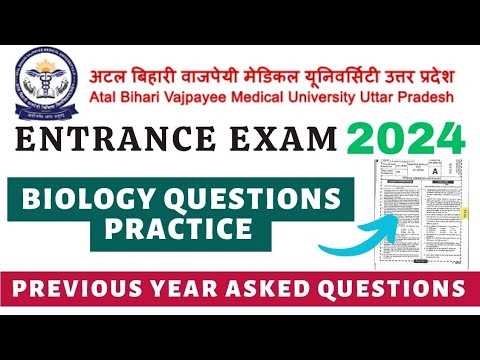
The grammar section evaluates a student’s understanding of English grammar, including sentence structure, punctuation, and usage. Students will be tested on their ability to identify errors in sentences and choose the correct grammar usage. It is important for students to have a strong grasp of grammar rules to communicate effectively in a healthcare setting.
5. Anatomy and Physiology
The anatomy and physiology section assesses a student’s knowledge of the human body and its functions. Students may be tested on topics such as the skeletal system, muscular system, respiratory system, cardiovascular system, and other body systems. It is essential for students to have a solid understanding of anatomy and physiology to succeed in healthcare programs.
Overall, the HESI entrance exam covers a wide range of subjects to assess a student’s academic readiness for a healthcare program. It is important for students to study and prepare for each section to maximize their chances of success.
What are some sample questions from the HESI entrance exam?
The HESI entrance exam is a standardized test that nursing students may be required to take before entering a nursing program. It assesses their knowledge in areas such as math, reading comprehension, vocabulary, grammar, biology, chemistry, and anatomy. Here are a few sample questions from the HESI entrance exam:
- Math: What is 3/4 of 48?
- Reading Comprehension: In the passage, the author discusses the importance of exercise for maintaining a healthy lifestyle. What is the main idea of the passage?
- Vocabulary: Choose the word that is most similar in meaning to “exquisite”: a) beautiful, b) messy, c) ordinary, d) disgusting
- Grammar: Which sentence is grammatically correct? a) I seen the movie last night. b) I saw the movie last night. c) I seed the movie last night. d) I seed the movie last night.
- Biology: Which of the following is the primary function of the heart? a) pumping blood throughout the body, b) producing urine, c) digesting food, d) regulating body temperature
- Chemistry: What is the chemical symbol for potassium? a) K, b) P, c) Pt, d) Ko
- Anatomy: The humerus is a bone located in which part of the body? a) arm, b) leg, c) skull, d) rib cage
These are just a few examples of the types of questions that may appear on the HESI entrance exam. It is important for nursing students to thoroughly prepare for the exam by studying the relevant subjects and practicing similar questions to increase their chances of success.
How can I prepare for the HESI entrance exam?
The HESI entrance exam is an important test that assesses a student’s readiness for nursing programs. It covers various subject areas, such as math, science, vocabulary, grammar, and critical thinking skills. To ensure success on the HESI entrance exam, it is important to develop a comprehensive study plan and take advantage of available resources.
One of the first steps in preparing for the HESI entrance exam is to familiarize yourself with the exam structure and content. Obtain a study guide or review book specifically designed for the HESI entrance exam and go through the material to understand what will be covered. This will help you identify your strengths and weaknesses, allowing you to focus your study efforts accordingly.
Create a study schedule:
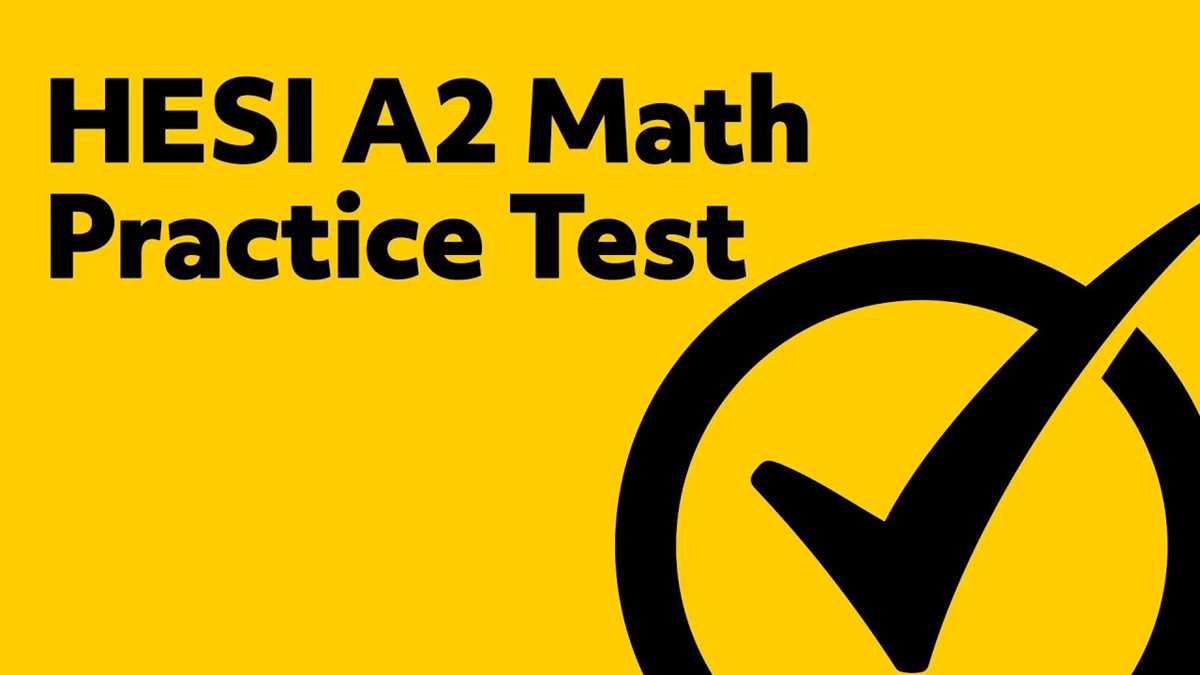
Creating a study schedule is an essential part of preparing for the HESI entrance exam. Allocate specific time slots for each subject area and ensure that you have enough time to cover all the material. Be realistic with your schedule and avoid cramming all the studying into a short period of time. Consistency and regular practice are key to success on the exam.
Utilize practice questions and tests:
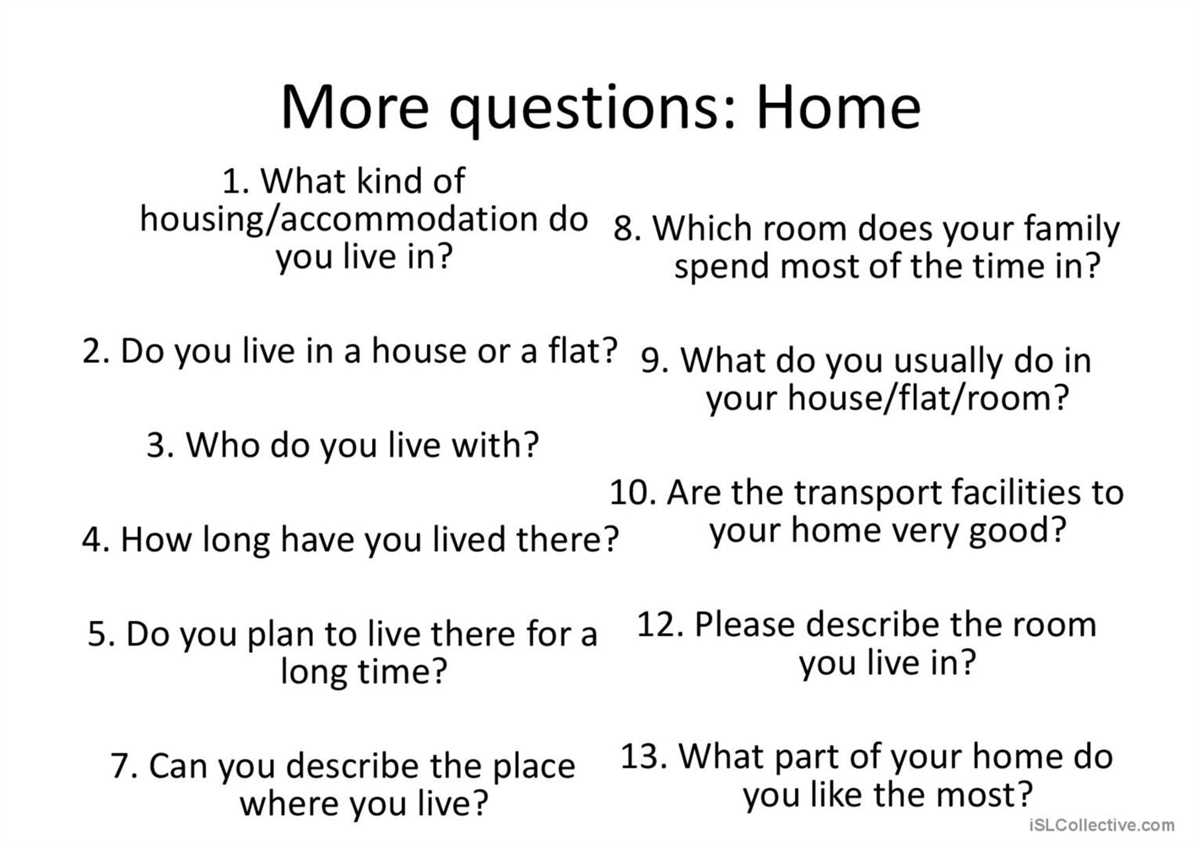
Doing practice questions and tests is crucial for optimizing your performance on the HESI entrance exam. There are a variety of resources available, including online practice tests, study guides, and HESI prep books. Make use of these resources to familiarize yourself with the format of the exam and to identify areas where you need improvement.
- Review the basics:
- Seek support:
- Stay organized:
- Take care of yourself:
Before diving into more complex topics, make sure to review the basics of math, science, vocabulary, and grammar. This will help reinforce your foundational knowledge and ensure that you have a solid understanding of the fundamental concepts that may be tested on the exam.
If you find certain topics or concepts challenging, don’t hesitate to seek additional support. Consider joining study groups, seeking help from tutors, or reaching out to instructors for clarification. Collaborating with peers and seeking guidance can enhance your understanding of difficult topics and boost your confidence before the exam.
Keep all your study materials, notes, and practice tests in an organized manner. This will make it easier for you to review and revise as needed. Maintain a checklist of topics you have covered and mark off each one as you feel confident in your understanding. Staying organized can help reduce stress and ensure that you cover all the necessary material before the exam.
Lastly, don’t forget to take care of yourself during the preparation process. Get enough sleep, eat nutritious meals, and engage in regular physical activity to keep your mind and body in optimal condition. Self-care is essential for reducing stress and maintaining focus during the exam.